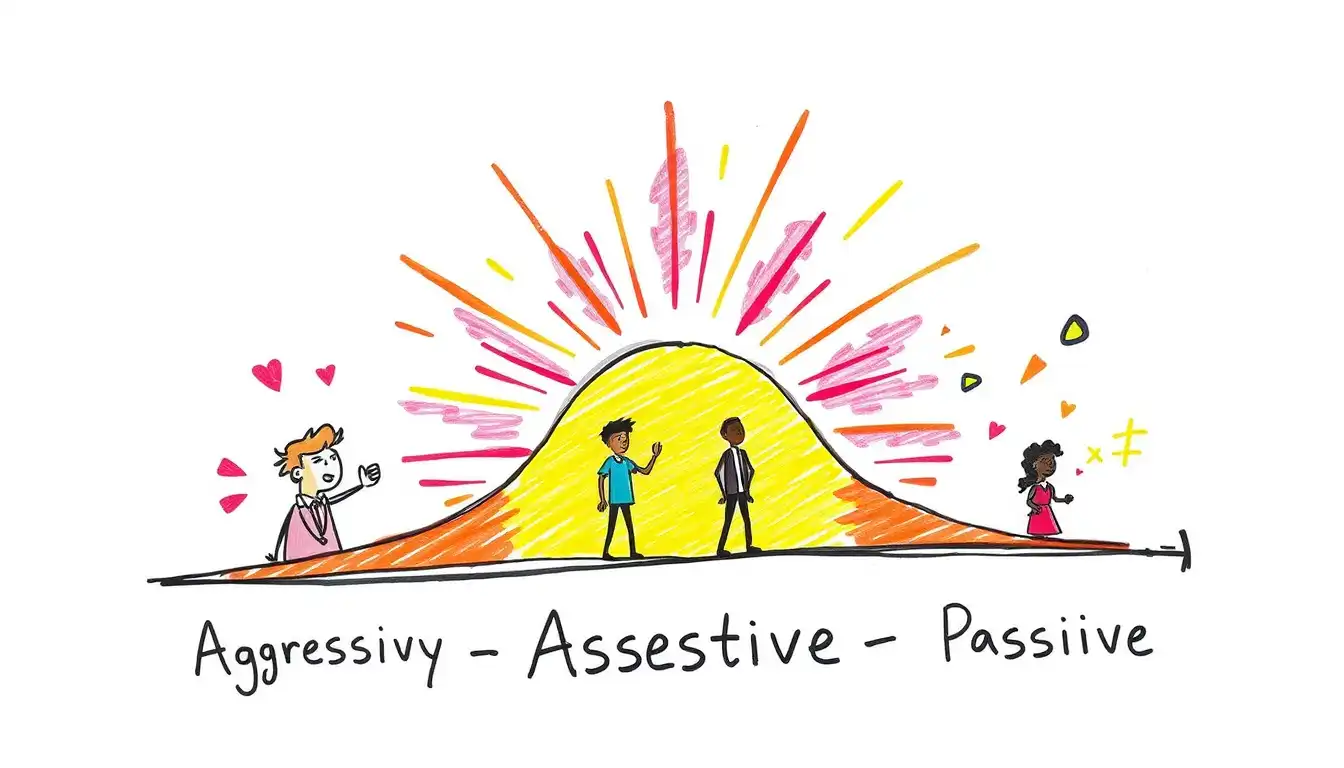Negotiation is a crucial aspect of organizational behavior, as it enables individuals and teams to resolve conflicts, reach mutually beneficial agreements, and achieve their goals. In this article, we will delve into the world of negotiation in organizational behavior, exploring its importance, strategies, and best practices.
The Importance of Negotiation in Organizational Behavior
Negotiation is an essential skill in organizational behavior, as it allows individuals to communicate effectively, build trust, and find creative solutions to complex problems. In today’s fast-paced business environment, negotiation is no longer limited to high-stakes deals or conflict resolution. It is an everyday activity that occurs in meetings, emails, and conversations. Effective negotiation can lead to increased productivity, improved relationships, and enhanced reputation.
In organizational behavior, negotiation is critical for several reasons:
-
Conflict resolution: Negotiation helps to resolve conflicts and disputes, reducing the risk of escalation and promoting a positive work environment.
-
Resource allocation: Negotiation enables teams to allocate resources effectively, ensuring that everyone has what they need to achieve their goals.
-
Goal achievement: Negotiation helps individuals and teams to achieve their goals, by finding mutually beneficial agreements and compromises.
-
Relationship building: Negotiation fosters trust, respect, and strong relationships, which are essential for long-term success.
Strategies for Effective Negotiation in Organizational Behavior
To negotiate effectively in organizational behavior, individuals must develop a range of skills and strategies. Here are some best practices to get you started:
-
Prepare thoroughly: Research the other party’s needs, goals, and limitations to develop a clear understanding of their perspective.
-
Set clear goals: Establish clear goals and objectives, and be flexible in your approach.
-
Communicate effectively: Listen actively, ask open-ended questions, and communicate clearly and respectfully.
-
Use persuasive storytelling: Share stories and anecdotes to build rapport, establish credibility, and illustrate key points.
-
Make strategic concessions: Make calculated concessions to build trust and reach a mutually beneficial agreement.
Active Listening in Negotiation
Active listening is a critical component of effective negotiation in organizational behavior. By listening carefully to the other party’s needs and concerns, individuals can build trust, establish rapport, and identify creative solutions. Here are some tips for active listening in negotiation:
-
Maintain eye contact: Engage with the speaker, and avoid distractions.
-
Paraphrase and summarize: Repeat back what you’ve heard, to ensure understanding and show that you’re engaged.
-
Ask open-ended questions: Encourage the speaker to share more information, and clarify their needs and concerns.
Negotiation Styles in Organizational Behavior
Individuals in organizational behavior often adopt different negotiation styles, depending on their personality, experience, and goals. Here are some common negotiation styles:
-
Competitive negotiators: Focus on winning, and may use aggressive tactics to achieve their goals.
-
Collaborative negotiators: Seek mutually beneficial agreements, and prioritize building relationships.
-
Avoidant negotiators: Tend to avoid conflict, and may concede too easily to reach an agreement.
-
Accommodating negotiators: Prioritize building relationships, and may sacrifice their own needs to achieve an agreement.
Negotiation in Cross-Cultural Environments
In today’s globalized business environment, negotiation often occurs across cultural boundaries. Effective negotiation in cross-cultural environments requires an understanding of cultural differences, and a willingness to adapt your approach. Here are some tips for negotiating in cross-cultural environments:
-
Research cultural norms: Understand the cultural norms, values, and communication styles of the other party.
-
Be flexible: Be prepared to adapt your approach, and be open to different communication styles.
-
Use interpreters or translators: If necessary, use interpreters or translators to ensure clear communication.
Common Negotiation Mistakes in Organizational Behavior
Even experienced negotiators can make mistakes that undermine their effectiveness. Here are some common negotiation mistakes to avoid in organizational behavior:
-
Making assumptions: Don’t assume you know what the other party wants or needs.
-
Being inflexible: Be open to creative solutions, and willing to compromise.
-
Lack of preparation: Fail to research the other party, or prepare a clear strategy.
-
Poor communication: Communicate unclearly, or fail to listen actively.
Best Practices for Negotiation in Organizational Behavior
To negotiate effectively in organizational behavior, individuals must develop a range of skills and strategies. Here are some best practices to keep in mind:
-
Develop a clear strategy: Establish clear goals, and develop a flexible approach.
-
Build relationships: Foster trust, respect, and strong relationships.
-
Communicate effectively: Listen actively, and communicate clearly and respectfully.
-
Be open-minded: Be willing to consider different perspectives, and creative solutions.
Negotiation in Virtual Environments
With the rise of remote work, negotiation in virtual environments is becoming increasingly common. Effective negotiation in virtual environments requires an understanding of the unique challenges and opportunities of digital communication. Here are some tips for negotiating in virtual environments:
-
Use video conferencing: Build rapport, and establish a personal connection.
-
Use instant messaging: Clarify questions, and provide additional information.
-
Establish clear protocols: Establish clear rules, and expectations for communication.
FAQ
What is negotiation in organizational behavior?
Negotiation in organizational behavior refers to the process of communicating and bargaining with others to reach a mutually beneficial agreement.
Why is negotiation important in organizational behavior?
Negotiation is essential for resolving conflicts, allocating resources, achieving goals, and building relationships in organizational behavior.
What are some common negotiation styles in organizational behavior?
Common negotiation styles in organizational behavior include competitive, collaborative, avoidant, and accommodating styles.
How can I improve my negotiation skills in organizational behavior?
To improve your negotiation skills, develop a clear strategy, build relationships, communicate effectively, and be open-minded to different perspectives and solutions.
What are some common mistakes to avoid in negotiation?
Common mistakes to avoid in negotiation include making assumptions, being inflexible, lacking preparation, and poor communication.
Conclusion
Negotiation is a critical component of organizational behavior, enabling individuals and teams to resolve conflicts, reach mutually beneficial agreements, and achieve their goals. By developing effective negotiation skills, individuals can improve their relationships, achieve their goals, and enhance their reputation. Remember to prepare thoroughly, communicate effectively, and be open-minded to different perspectives and solutions. With practice and patience, you can become a skilled negotiator, and achieve success in organizational behavior.







Leave a Reply